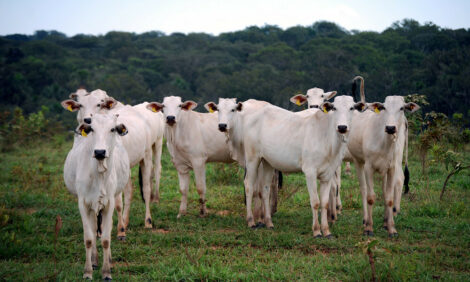



Foreign Worker Programme Changes Jeopardize Meat Processing Plants
CANADA - The Canadian Meat Council warns changes to Canada's temporary foreign worker program are jeopardizing the future of Canada's meat processing plants, the jobs of Canadian who work at those plants and local economies, writes Bruce Cochrane.Under changes made in June to Canada's temporary foreign worker program the number of foreign workers that make up the work force has been capped at 30 per cent, a C$1,000 fee has been introduced for each application and the length of stay for workers has been cut in half.
Ron Davidson, the director of international trade, government and media relations with the Canadian Meat Council, says meat processors are recruiting intensively and nationally but there are not enough Canadians willing to do these jobs.
Ron Davidson-Canadian Meat Council:
If you do not have enough workers you have some very hard choices to make.
One is you slow down the line speed so you reduce production in the plant and you reduce the number of livestock you buy from farmers.
You reduce your value added activities such as boning or recovery of special meats so you end up with reduced competiveness with our foreign competitors, we jeopardize our current exports, aren't able to take advantage of future exports, investment in new plants is deferred or lost.
Canadian jobs are put at risk because, if you don't have enough people to keep a second shift going or to keep a certain type of product continuing, you could lose the whole unit so this program actually puts Canadian jobs at risk.
It decreases revenues for rural communities who are now thriving because of the investment of meat plants in their communities, they're growing and at the end of the day, as far as farmers go, there's less opportunity for them to sell to Canadian processors and they're probably going to receive a lower price.
Mr Davidson notes permits for foreign workers are expiring now so rather than expanding to take advantage of new trade agreements processing plants that are unable to fill vacant positions are looking at reducing production.
TheCattleSite News Desk


